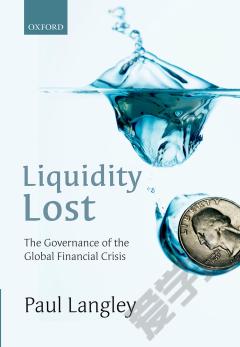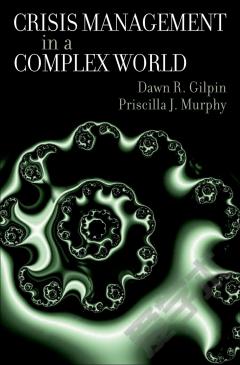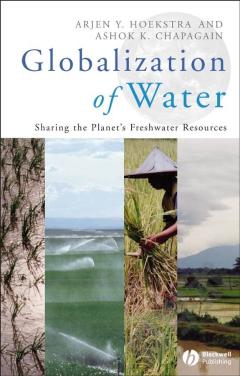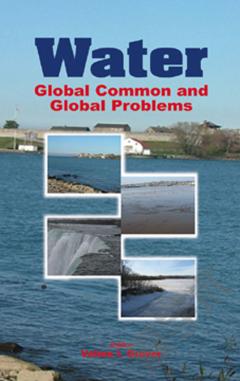The World Water Crisis —— The Failures of Resource Management
----- 世界水危机:资源管理的失败
Earth - the blue planet - is a world more than half covered by oceans, its poles capped with ice sheets and its atmosphere laden with moisture. Yet, in the last decade, water resources planners have frequently signalled an impending water crisis. The message is that the world is running out of water and that only by careful planning and the adoption of integrated water resources management can catastrophe be avoided. In his impressive new work, Stephen Brichieri-Colombi challenges these perceptions over global freshwater availability. He maintains that the crisis is one of resource management rather than availability: it arises because water resource planners advocate exploitation of rivers without due regard to social, environmental and geopolitical consequences. Without an overarching political framework integrated water resource management fails on international rivers, its holy grail of optimality is illusory, and the benefits of basinwide co-operation over bilateral co-operation are minimal. The author advances a new paradigm - water in the national economy - which focuses upon improved domestic water management and the benefits from regional rather than basinwide co-operation. The approach combines insights from a wide range of disciplines and reveals how policies that favour family planning, urbanisation, improved diets, rain-fed farming, economic growth, food imports for cities and improved water-use efficiency can enable developing countries to meet future food and water demands without increasing abstraction from rivers and consequential riparian conflict. Combining technical expertise with a wealth of experience, The World Water Crisis: the Failures of Resource Management offers a lucid and powerful re-appraisal of the development of global water resources. It will command the interest of professionals, policy makers, researchers and academics involved in the practicalities and politics of global water issues.
{{comment.content}}








 京公网安备 11010802027623号
京公网安备 11010802027623号